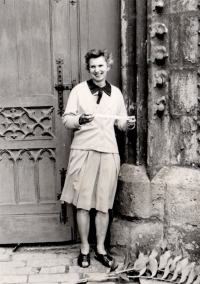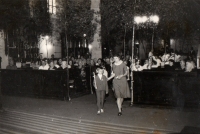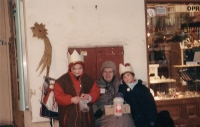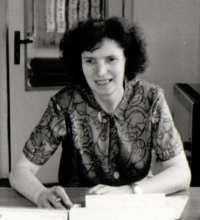Materially we are high, we can do many things. But morally and spiritually we are backward
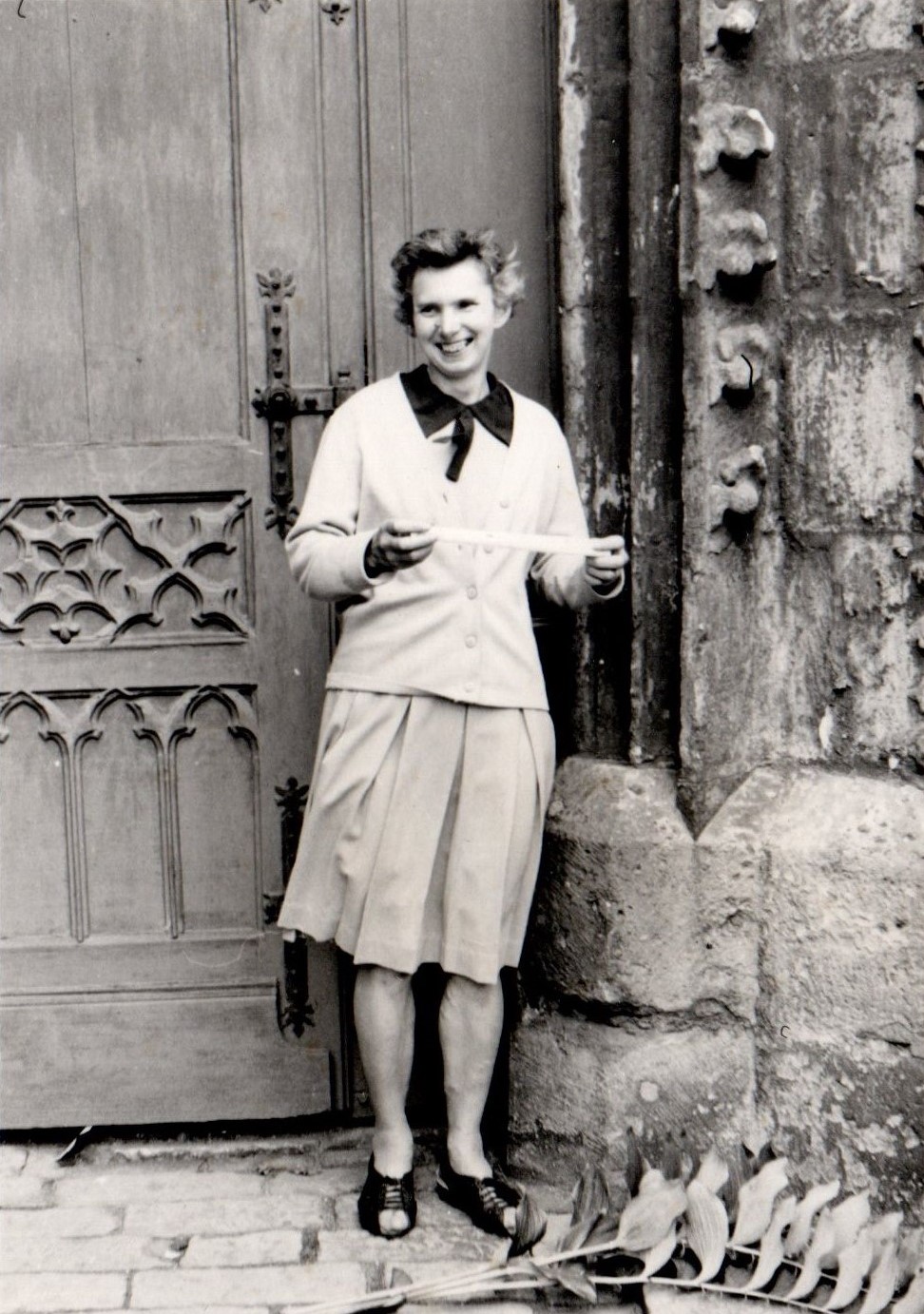
Download image
Sister Marta Čermáková was born on July 27, 1930 in the village of Bystrá nad Jizerou near Semily and at the age of four she moved with her family to nearby Levínská Olešnice. She perceived the tense atmosphere during the days of the Munich Agreement, as a result of which Levínská Olešnice became a border village. After the war, she decided to follow the spiritual path and became a nun. After the communists forcibly liquidated the Christian orders in 1950, the memoirist had to officially stop teaching religion. However, she continued to teach in the families.
